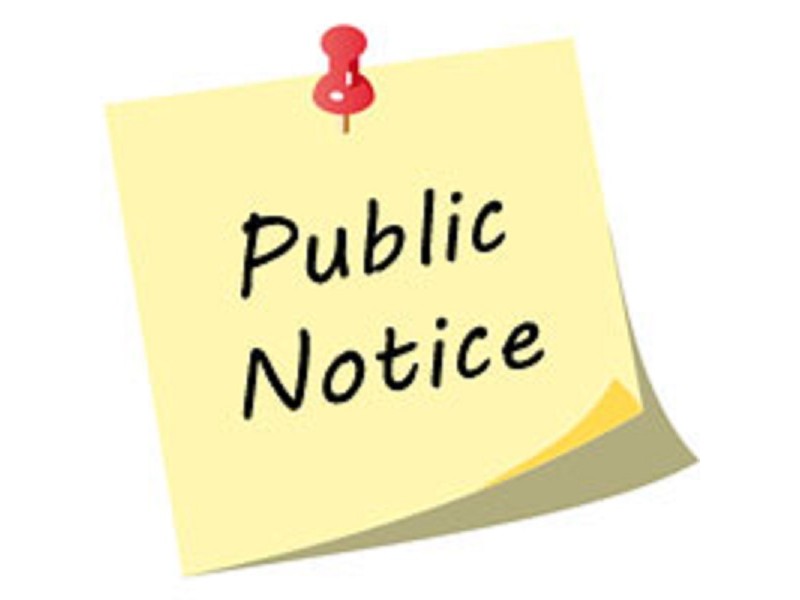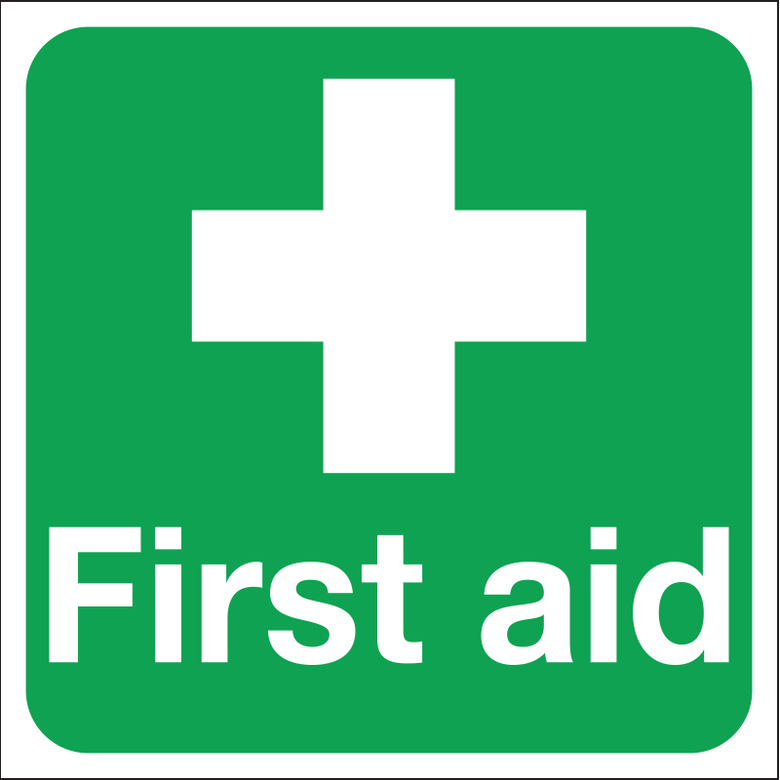AVIAN INFLUENZA (Bird Flu)
From 7th November 2022, it will be a legal requirement for all bird keepers to keep their birds housed and to follow stringent biosecurity measures to protect their flocks. This applies whether keepers have commercial flocks, or just a few birds in a backyard. Link to the housing order:- Department for Environment, Food and Rural Affairs [Logo] (publishing.service.gov.uk)
The decision was made by the UK’s Chief Veterinary Officer, as the UK continues to face its largest ever outbreak of avian influenza – with over 70 cases since the start of October.
You should be vigilant for any signs of disease in your birds and seek prompt advice from your vet if you have any concerns.
You can help protect your birds and prevent avian flu by maintaining good biosecurity on your premises, including:
- housing or netting all poultry and captive birds
- minimising direct and indirect contact between poultry and captive birds and wild birds – including making sure that their feed and water is not accessible to wild birds.
- preventing access by poultry and captive birds to ponds and watercourses
- cleansing and disinfecting footwear and equipment before and after contact with poultry and captive birds (or changing into clean footwear before tending to your birds)
- regularly cleaning and disinfecting hard surfaces in areas where birds are kept
- reducing the movement of people, vehicles or equipment to and from areas where poultry and captive birds are kept, to minimise contamination, and using effective vermin control
- keeping fresh approved disinfectant at the right concentration for use at farm entrances and before entering poultry and captive bird housing or enclosures
Full details of what is required can be found on the government website – www.gov.uk/bird-flu
You can also find a self-assessment checklist at the above link to help you put the measures in place, as well as more information about the virus.
You can keep up to date with any future changes by regularly visiting the avian influenza section on the government website, and by registering for email or text alerts – www.gov.uk/guidance/apha-alert-subscription-service
The risk to public health from the virus is very low, however it is important that people don’t pick up sick or dead birds.
You should call the Defra helpline on 03459 33 55 77 if you find:
- one or more dead bird of prey or owl
- 3 or more dead gulls or wild waterfowl (swans, geese and ducks)
- 5 or more dead birds of any species
The Food Standards Agency advice remains unchanged, that avian influenza poses a very low food safety risk for UK consumers. Properly cooked poultry and poultry products, including eggs, are safe to eat.



